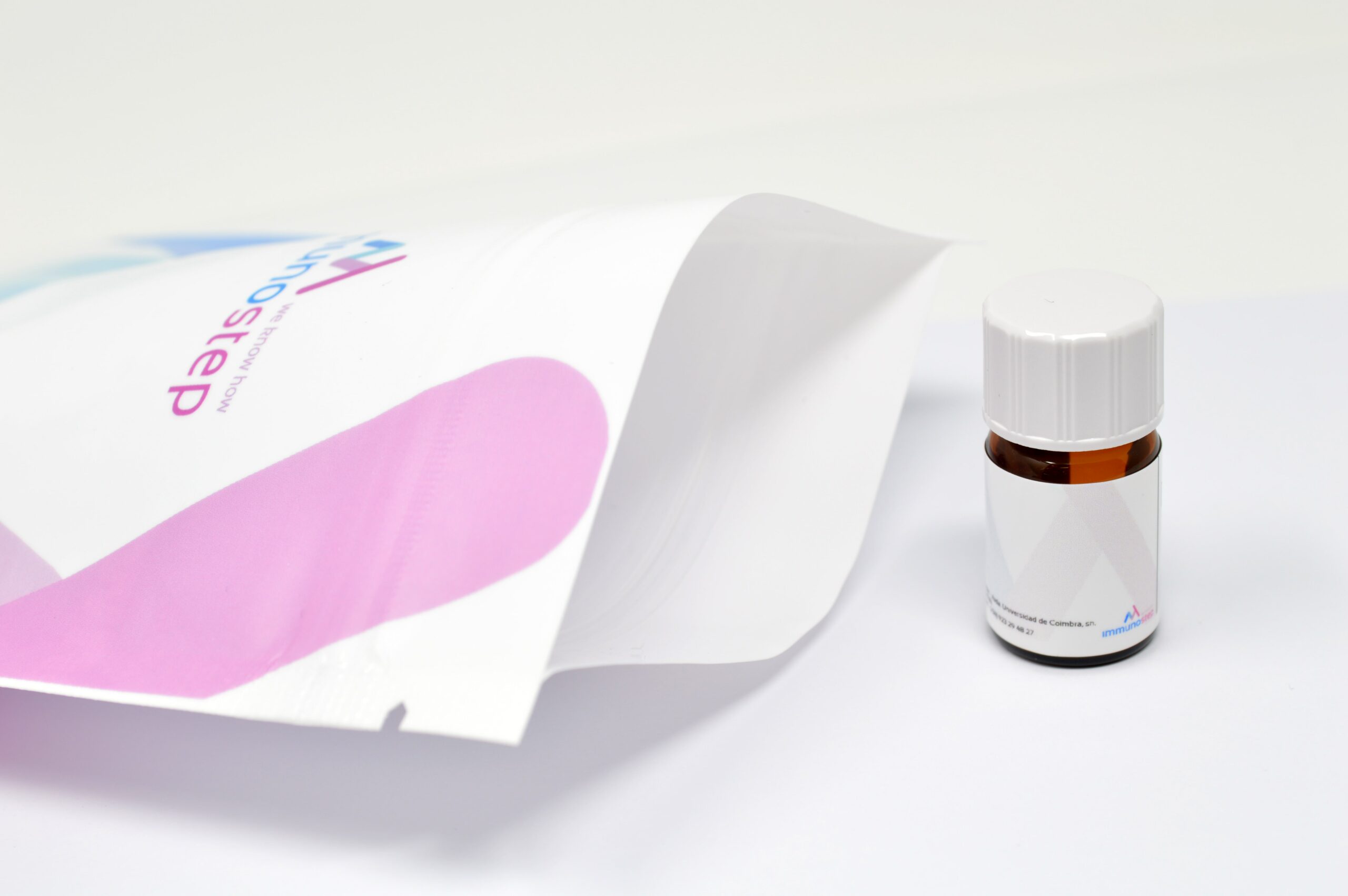- Products
- Oncohematology
- Antibodies
- Kits
- CAR T-cell
- Euroflow
- Single reagents
- Request info
- Resources and support
- Immunology
- Antibodies
- Single reagents
- Cross match determination (FCXM)
- FcεR1
- Ig subclasses
- Single reagents
- Kits
- TiMas, assessment of tissue macrophages
- Request info
- Resources and support
- Antibodies
- Exosomes
- Accesory reagents
- Software
- Oncohematology
- Services
- Peptide Production
- Design
- Modification
- Protein Services
- Expression and purification
- Freeze drying
- Monoclonal And Polyclonal Antibody Development
- Monoclonal
- Policlonal
- Specialized antibody services
- OEM/Bulk production
- Purification
- Conjugation
- Custom Exosome Services
- Isolation and purification
- Characterization
- Peptide Production
- Shop
- Support
- About Us
- Contact
- Shop
- Single Antibodies
- CD81
CD81
275,00 € excl.VAT – 1.560,00 € excl.VAT
This antibody reacts with the CD81-antigen, which is a widely expressed cell-surface protein involved in an astonishing variety of biologic responses. It has been cloned independently several times for different functional effects and is reported to influence adhesion, morphology, activation, proliferation, and differentiation of B, T, and other cells. On B cells CD81 is part of a complex with CD21, CD19, and Leu13. This complex reduces the threshold for B cell activation via the B cell receptor by bridging Ag specific recognition and CD21-mediated complement recognition. Similarly on T cells CD81 associates with CD4 and CD8 and provides a costimulatory signal with CD3.
CD81 is also physically and functionally associated with several integrins. Anti-CD81 can activate integrin alpha 4 beta 1 (VLA-4) on B cells, facilitating their adhesion to tonsilar interfollicular stroma.
Additional information
| Conjugated | |
|---|---|
| Size | |
| Regulatory Status | |
| Clone | |
| Gene ID | |
| Format | |
| Species Reactivity | |
| Isotype | |
| Tested Applications | |
| Clonality | |
| UniProt | |
| Mw | |
| Population | B- Cell, Dendrititic Cell, Endothelial Cell, Epithelial Cell, Macrophage/Monocyte, NK Cell, Stem Cell/Precursor, T-Cell |
| Volume | 1 mg/ml, 1 μg/test, 5 μL/test, 20 μL/test |
| Protocol | sm (surface marker) |
| Storage | Store in the dark at 2-8°C. |
| Other names | TAPA-1, target of an antiproliferative antibody. |
| Buffer | The reagent is provided in aqueous buffered solution containing protein stabilizer, and ≤0.09% sodium Azide (NaN3). |
| Immunogen | MOLT-4 (human T-ALL cell line). |
| Concentration | 0,01 mg/ml, 0,05 mg/ml, 2 mg/ml |
Recomended usage
CD81, clone M38, is a mAb intended for identification of TAPA-1. This reagent is effective for direct IF staining of human tissue for FCM analysis using ≤1 μg/10^6 cells.
References
| Product description | Reference | Title | Authors | Journal | Year | |
|---|---|---|---|---|---|---|
| Product description | Reference | Title | Authors | Journal | Year |
Related products
-
CD13
249,00 € excl.VAT – 405,00 € excl.VAT Select options This product has multiple variants. The options may be chosen on the product page -
CD11b
142,00 € excl.VAT – 531,00 € excl.VAT Select options This product has multiple variants. The options may be chosen on the product page -
CD117
275,00 € excl.VAT – 518,00 € excl.VAT Select options This product has multiple variants. The options may be chosen on the product page -
CD235a
208,00 € excl.VAT – 260,00 € excl.VAT Select options This product has multiple variants. The options may be chosen on the product page
